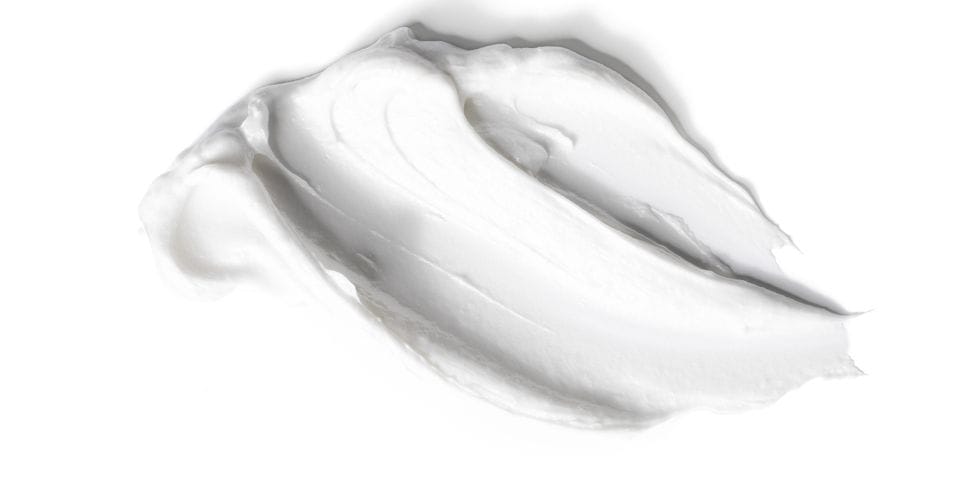If you’ve stepped foot in a beauty store within the last few months, you’ve seen it: the word “collagen” splashed across every other cream, serum, and on countless supplement pills and powders. Skincare enthusiasts have become obsessed with collagen for a solid reason: this protein found in our tissues and organs is the key to keeping our skin supple and firm.
But collagen isn’t always kind. It’s an ephemeral visitor that begins to bid farewell beginning as early as our 20s. If you’ve started noticing hollowness in your cheeks or tear troughs and fine lines on the delicate, thin skin under your eyes, those are all typical signs of a slow down in collagen production.
Of course, we don’t take any loss of youth lying down these days, which is why products as disparate as drugstore cleansers and $300 moisturizers are making similar promises: restoring collagen in your skin. If a moisturizer, procedure, or smoothie truly can reduce signs of aging, it’s worth its price tag—and if it’s a marketing gimmick or a far-fetched goal, we’re here to tell you so you can blow your money on something far more fabulous.
We asked experts to separate collagen fact from fiction. Here are all of the ways you can rebuild collage in your skin—and a few that aren’t going to do the trick.




